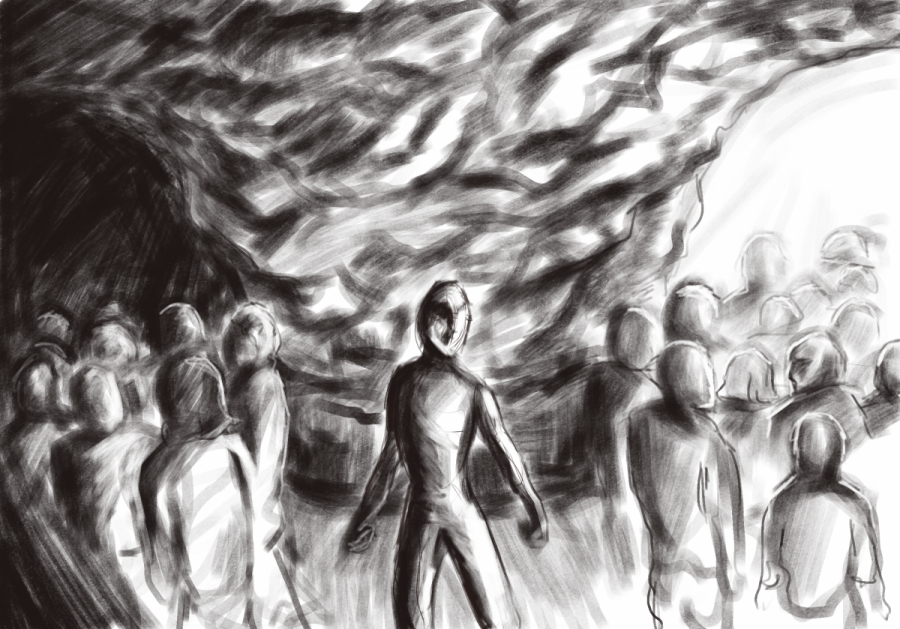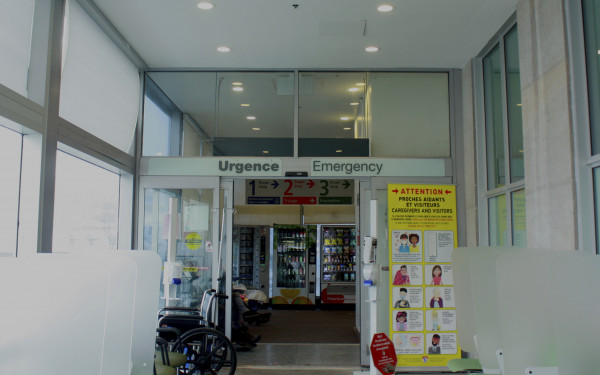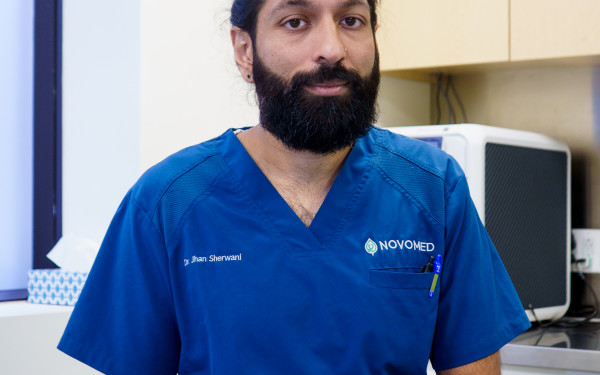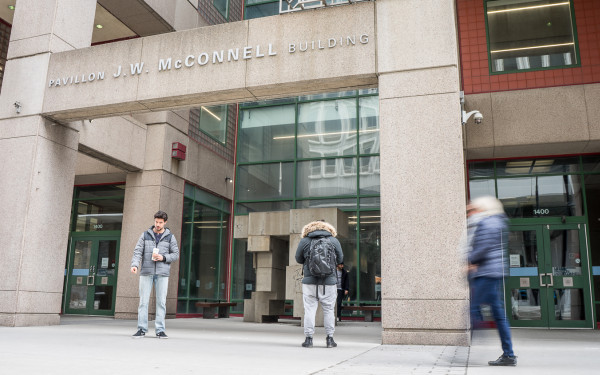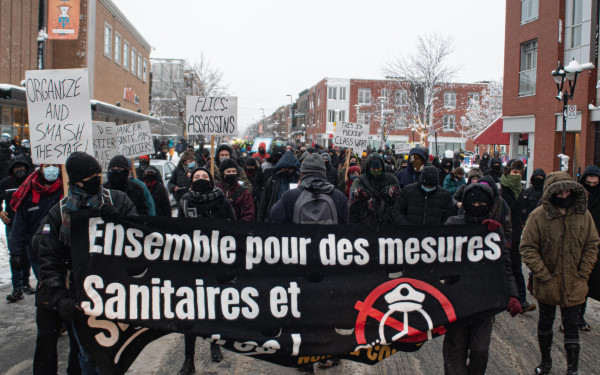Medical assistance in dying slated for mental illness update
Proposed changes to MAID raise questions on governmental insufficiencies
In June 2016, Medical Assistance in Dying (MAID) became legal in Canada. Canadians who were suffering an intolerable, naturally foreseeable death had the choice to have a medically assisted passing.
Presently, Canada is on track to adjust the legislation and expand the eligible criteria for MAID. Coming into effect on March 17, 2024, certain individuals suffering from mental illnesses will be eligible for MAID.
The Canadian government refers to MAID as a “complex and deeply personal issue.” The MAID expansion was set to come into effect in March 2023, but was deferred, and given a one-year extension to provide the government with appropriate time to “prepare for the safe and consistent assessment and provision of MAID in all cases.”
This new law will no longer require an individual’s natural death to be reasonably foreseeable.
Once the criteria to apply for MAID expands, Canada will be one of the few countries that offers access to MAID for those suffering from a mental illness as a sole underlying condition.
In 2014, prior to the inception of MAID, if Canadians sought a medically assisted death, they would have to make their case to the courts. An example of this is the Carter v Canada case, where a woman diagnosed with a fatal neurodegenerative disease challenged the constitutionality of the criminal code prohibiting medical assistance in dying. The judge found that these prohibitions violate the rights of “competent adults” who are suffering intolerably as a result of a grievous medical condition. The woman was granted an exemption to the then legislation.
Now Canadians will not need to withstand an intricate process to receive MAID– especially if they suffer from severe mental illness–they just need to meet the respective criteria.
A request for MAID must be hand-written, signed by an independent witness and must be requested after the individual is informed of their “grievous and irremediable medical condition.” Two independent doctors or nurses must provide an assessment and confirm that the individual is properly eligible. The individual must also be informed that not only can they withdraw their request at any time, but also be informed of all the available and appropriate means to relieve their suffering: counselling, mental health and disability support services, community services, palliative care and the individual must be offered consultations with professionals. The individual must have exercised every option to relieve their suffering, and immediately before the patient receives MAID, they must be given the option to opt out of their request if they so choose.
The period to determine an individual's eligibility assessment typically takes at least 90 days, however, if the individual is close to losing the capacity to make healthcare decisions for themselves, the period can lessen.
There are two ways in which MAID can be made available to Canadians, and both vary based on provincial guidelines. The first is clinician-administered MAID, which is when a physician or nurse administers a lethal injection. The second is self-administered dying, when a physician or nurse prescribes a drug the eligible person takes themselves.
Dr. Derryck Smith, a clinical professor of psychiatry at the University of British Columbia, highlighted that the idea around MAID is to give people the option to escape from unbearable and intolerable suffering. “I think the whole point about this legislation [...] is to show compassion for people who are suffering unnecessarily. Why do we want people to suffer?”
Smith believes MAID is an option that appeals to many Canadians. He referenced how in 2021 there were a total of 10,064 MAID provisions in Canada. From 2016 to 2021, the sum of those who received MAID was 31,664.
When it comes down to the expansion of MAID, Smith believes psychiatric illnesses should be handled in a similar manner to medical illness.
“Psychiatric illnesses is all a disorder of the brain,” Smith said. “The brain is a part of the human body.”
Ella Amir, the executive director of AMI Quebec—an association that predominantly works with families who struggle with mental health challenges—believes MAID is a result of neglecting the living conditions of those with mental illnesses. “People don't want to die, people don't want to live the way they do,” said Amir. “This [MAID expansion] is going to exempt us as a society from our obligation to change the living condition of those with mental illness.”
Amir offered the perspective that people with mental illness are often marginalized as the conditions of their circumstances can often be a root cause of their hardship—such as economic status, and environment. She added how MAID is a result of the government’s insufficiency of proper structures in place for those who are struggling.
“On one hand, [Canada wants] to be really progressive and egalitarian in the way everybody gets to decide their own autonomy for themselves, I feel like this is commendable,” Amir said. “But it is really not enough unless we look into the root causes of why people want to die.”
According to a 2017 survey of 528 psychiatrists in Canada, 72 per cent of psychiatrists supported MAID in some circumstances, and only 29 per cent of that number supported MAID for mental illnesses.
Smith argued that the opinion of psychiatrists' shouldn’t matter on whether or not they agree with MAID legislation, rather medical professionals should be prepared to administer the procedures when needed. “This is not for doctors, this is an option for patients to have some control over the end of their life, the time and place of their death and how they are going to die,” he said. “It is just an option, there is nothing mandatory about MAID.”
Denise Lefebvre is a death doula in Montreal who accompanies people—and often their families—who are near death. She also provides advice and organizes the desired type of end-of-life. They believe MAID can provide comfort to those who feel like they need an exit. “Just knowing the procedure is there can be comforting,” they said.
Lefebvre has worked with families and people awaiting MAID, and reasoned it gives them more time to prepare. “It gives them more [of] the impetus to plan, rather than deny,” she added.
With MAID, Lefebvre describes that just because there will be a set date and time of a medically assisted death, some might reason there is more room to grieve and say goodbye. However, “MAID or anything else isn't going to change that grief, it's going to change how you prepare for it,” they said. “[Preparing for death] is a celebration as much as preparing for a birth. Because, you are not going to see this person afterwards. Death is a wake-up call to us all to pay attention [...] if we truly cherish people, then let's celebrate them.”
AMI Quebec will be hosting a hybrid-panel on MAID on Nov.2 from 7 p.m. to 9 p.m. at the Oscar Peterson Concert Hall. Amir emphasized that the goal of this panel is to shed light on the complexity of the issue, open up perspectives of the idea of MAID and further the conversation around it.
This article originally appeared in Volume 44, Issue 5, published October 31, 2023.

